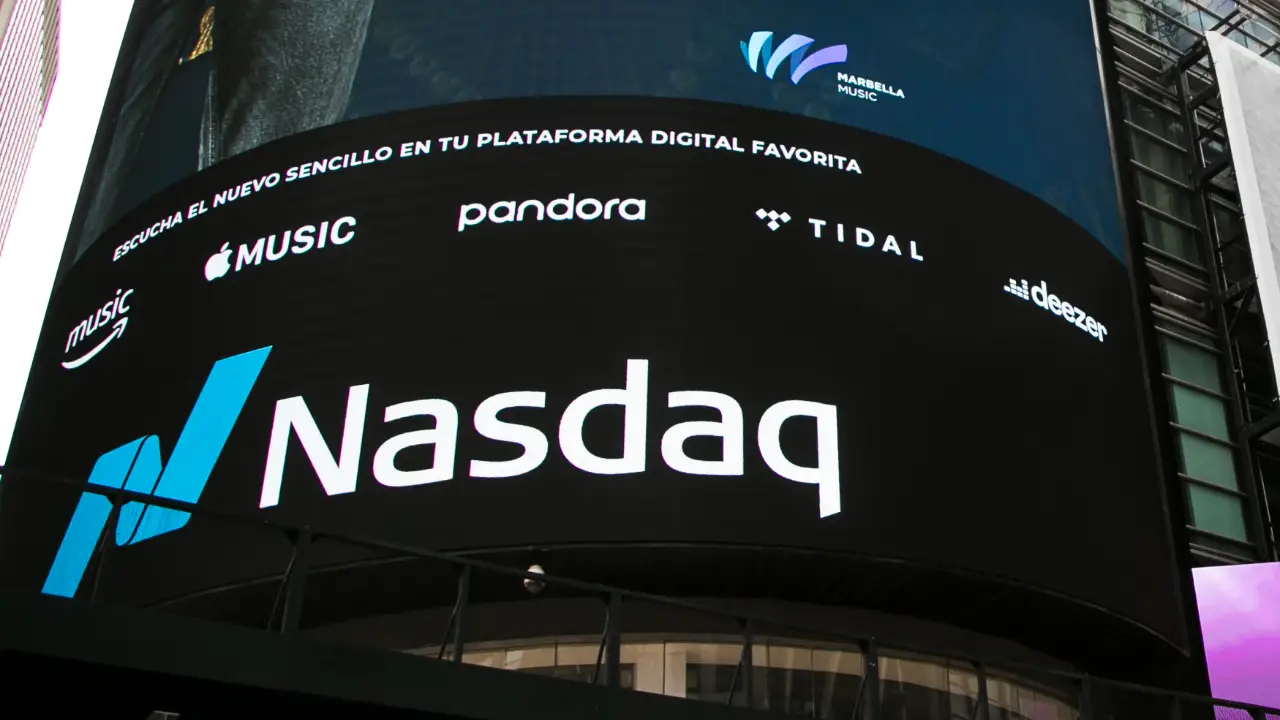FXOpen

The Bank of England has voiced concerns over the soaring valuations of US technology stocks, citing the current macroeconomic landscape and the surge in interest rates. This commentary underscores the evolving dynamics in global financial markets.
The UK stock market stands in stark contrast to its tech-focused counterpart in the United States, particularly the NASDAQ. The London Stock Exchange is home to well-established blue-chip firms with traditional corporate foundations.
These companies span industries such as retail, pharmaceuticals, energy, leisure, and heavy industry. In contrast, NASDAQ boasts tech giants from Silicon Valley, including titans like Apple and Google, as well as recent entrants through Special Purpose Acquisition Companies (SPACs), with valuations soaring into the billions.
The Bank of England's commentary on the NASDAQ, known for its higher volatility and distinct investment landscape compared to the UK, is noteworthy. It underscores the global nature of modern financial markets and the interconnectedness of economies.
The central bank raised concerns about the impact of rising interest rates and uncertainties related to inflation and growth, suggesting that valuations of risky assets appear stretched. It further warned that these overextended valuations increase the likelihood of a more substantial correction in prices should downside risks to growth materialise.
The Bank of England's remarks come at a time when several popular technology stocks continue to trade at a significant premium to the broader S&P 500 index. This situation occurs against the backdrop of historically high interest rates and mounting geopolitical tensions on the global stage.
Despite a modest retracement in some technology shares following the recent rise in rates, key tech players such as Microsoft, Alphabet (Google), and Nvidia still command price-to-earnings ratios of 29, 21, and 31 times the next 12-month earnings, respectively. In comparison, the S&P 500 maintains a PE ratio of approximately 18 times.
The Bank of England noted in mainstream media, "Credit spreads for US dollar-denominated high-yield and investment-grade bonds were more compressed than their euro or sterling equivalents." It also highlighted that certain metrics of US equity risk premia remained well within the lower quartile of their historical distribution, largely due to the ongoing strength of the US tech sector.
Interestingly, this viewpoint doesn't necessarily align with the NASDAQ's performance in the past five days, during which it has gained an impressive 469 points.
While it is not uncommon for central banks to raise concerns about overvalued markets, policymakers often refrain from offering specific opinions on market prices. The example of former US Federal Reserve Chair Ben Bernanke, who remained largely silent in the lead-up to the subprime mortgage crisis and the subsequent global financial crisis of 2007-2009, illustrates this tendency.
Notable exceptions exist, such as former Fed Chief Alan Greenspan, who issued a warning about "irrational exuberance" in the stock market back in December 1996, albeit during the late 1990s tech bubble. However, stocks didn't peak until over three years after his remarks. Since then, central bankers have mostly refrained from commenting on asset valuations.
The world of tech stocks, particularly on the NASDAQ exchange, has experienced significant volatility in recent years, with periods of steep declines and recoveries. While companies like Tesla have undergone roller coaster rides, the UK stock market has often remained characterised by steadiness.
The Bank of England's perspective on US tech stocks introduces a new layer of complexity to the global financial landscape, emphasising the importance of vigilance and adaptability in today's interconnected markets.
Trade global index CFDs with zero commission and tight spreads (additional fees may apply). Open your FXOpen account now or learn more about trading index CFDs with FXOpen.
This article represents the opinion of the Companies operating under the FXOpen brand only. It is not to be construed as an offer, solicitation, or recommendation with respect to products and services provided by the Companies operating under the FXOpen brand, nor is it to be considered financial advice.
Stay ahead of the market!
Subscribe now to our mailing list and receive the latest market news and insights delivered directly to your inbox.








